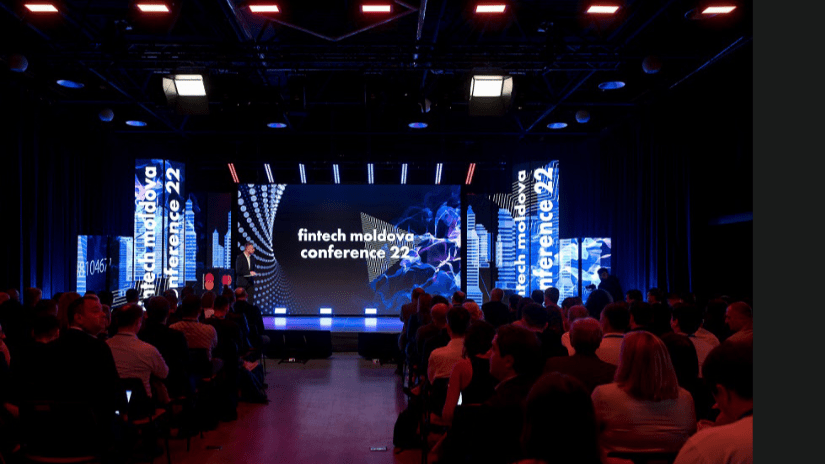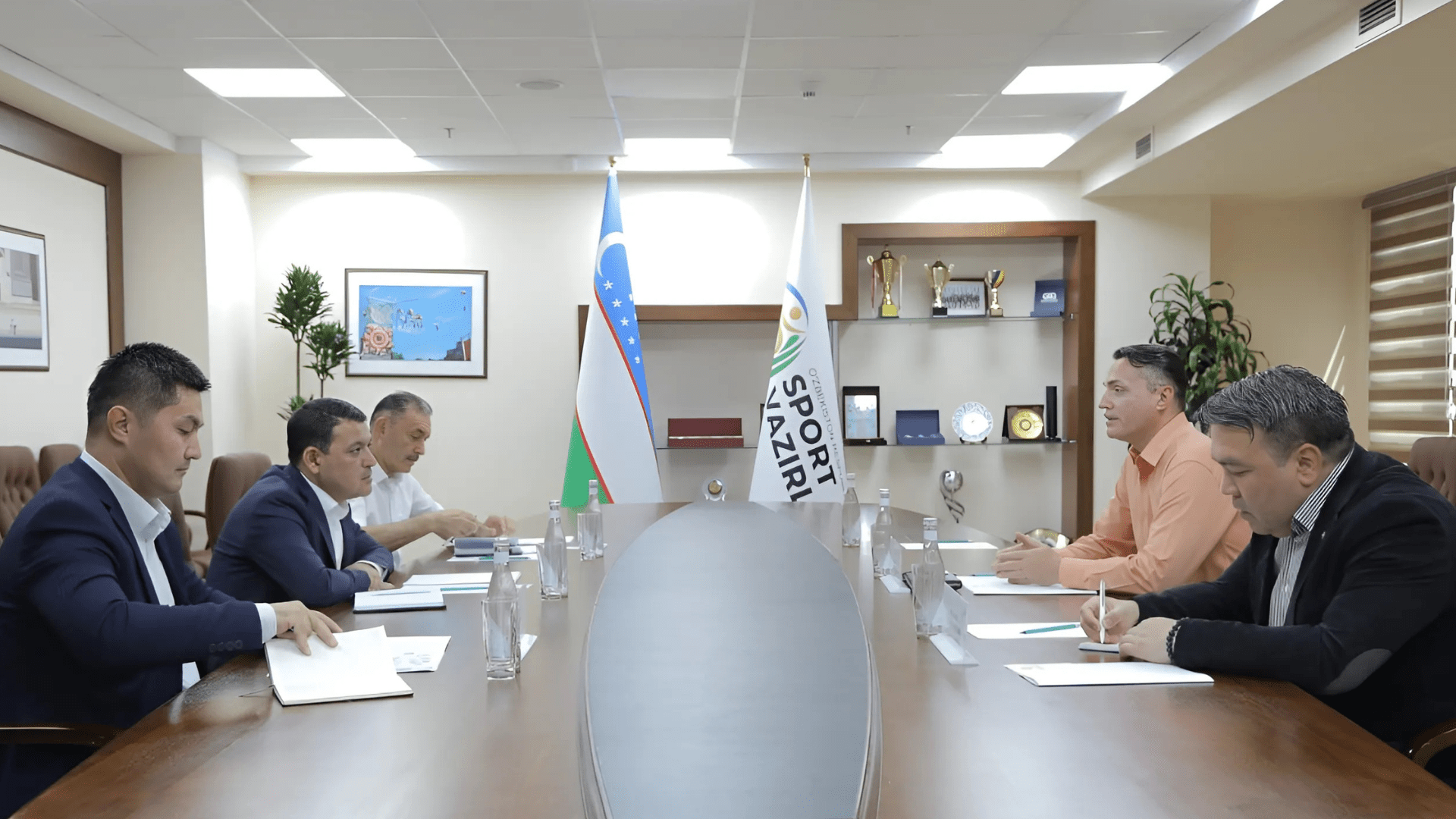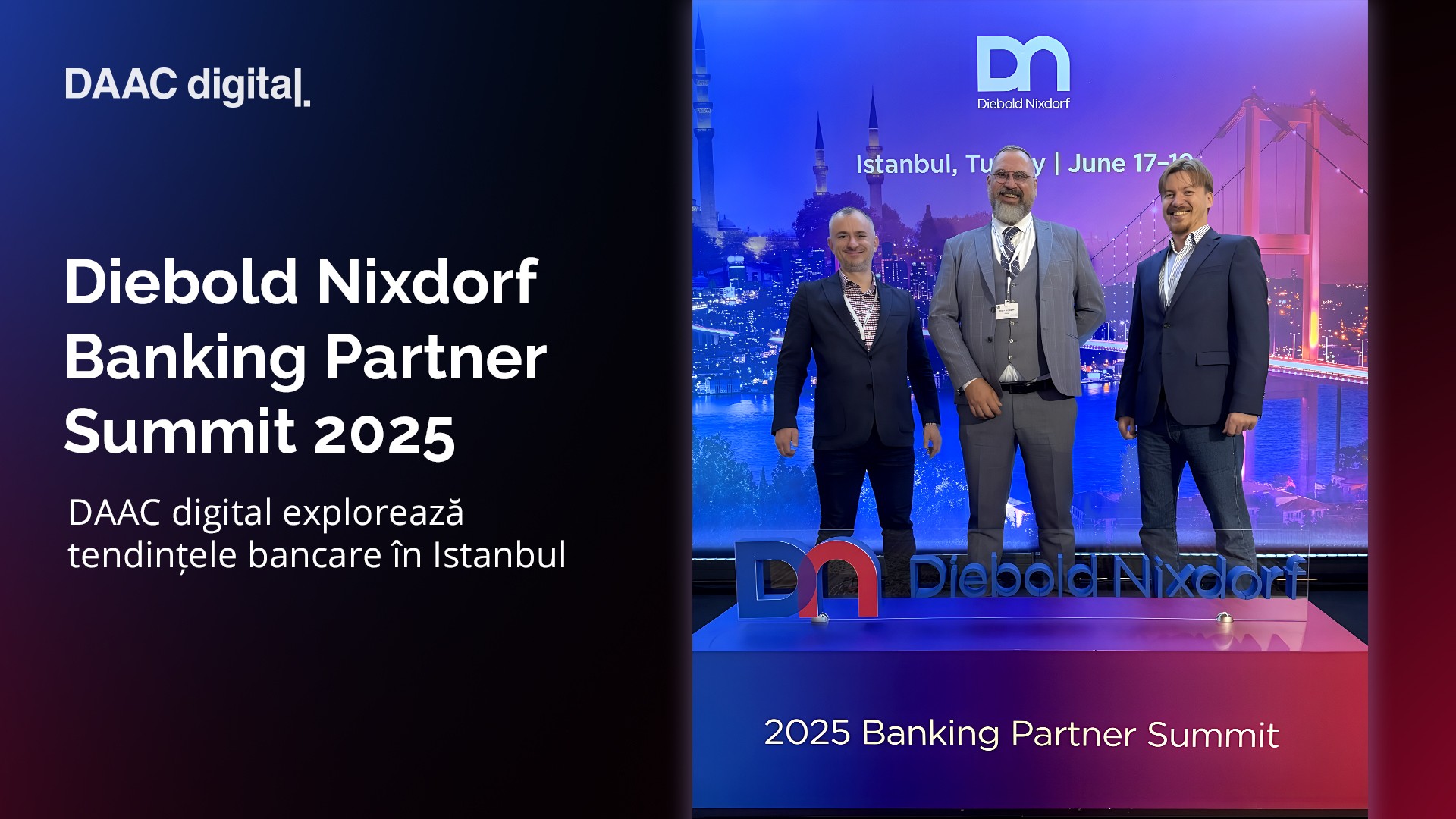On 30 September, “Fintech Moldova Conference 2022” – the most important event in the field of financial technologies – took place in Chisinau. The conference brought together, on the same platform, over 270 participants from 60 organisations. The event set the stage for initiating a business dialogue, providing an institutional framework for showcasing innovative projects and focused on the role of fintech for financial inclusion in a complicated global context.
30 speakers from Moldova, Romania, UK, Portugal, USA and other countries – experts in the field, authorities, startup founders, local and international investors – took to the conference stage to discuss the fintech regulatory framework in Moldova, the latest trends in the digitization of the financial sector, the challenges and opportunities in the fintech market worldwide in the post-pandemic period, as well as innovations in payment systems.
Ștefan Nistor, Founder and Coordinator Fintech Moldova: “For the fourth year in a row, “Fintech Moldova Conference” manages to bring together two of the most important sectors in the Republic of Moldova: Tech and Finance. We are happy to see more and more fintech solutions in the Moldovan market being developed by both banks and non-bank providers. We are glad that we also have interest from foreign developers to participate in the Moldovan market with fintech solutions created and tested in European markets. We have more and more partners from outside Moldova and we aim to make the conference a regional event in the coming years. Fintech has become an important topic in Moldova in the last 4 years, both for traditional financial organisations, authorities and external development partners. This is good for consumers of financial services or products in Moldova who want to benefit from the same experience as consumers in the West, for financial product providers who want to have the best ways to interact and build long-term relationships with consumers, and for authorities who want to create a competitive environment for the financial sector.”
Digitisation of public and financial services has become a priority in the work of the Government of the Republic of Moldova. Iurie Țurcanu, Deputy Prime Minister for Digitization, mentioned in his speech at the event the role of fintech projects, the advantages and benefits that digitization brings to citizens in their interaction with the state. In recent years, with the support of the fintech sector, the government’s efforts have been directed towards modernizing government services, launching new digital projects, completing and adjusting the regulatory framework in the field, aspects that ensure the path to digital transformation of society in the Republic of Moldova.
Iurie Turcanu, Deputy Prime Minister for Digitisation: “We need an alignment of all sectors for our country’s digital agenda. Fintech has always been the most innovative sector, with the resources and capabilities to attract the most innovative specialists. This is necessary for the Government, as we want to have the same experience with public services as citizens have when they go to the bank counter.”
In the Republic of Moldova about 75% of citizens have bank cards, but only 20% of them use the card to pay online. Whether this is true or not, the financial sector is one of the biggest consumers of IT services and facilitating the relationship between these 2 sectors is a priority for ATIC. The dialogue has become even more important as the Republic of Moldova has aligned itself with international trends on exploring new technologies and implementing the latest legal initiatives, which set in motion several financial services, such as “Open Banking”, “Regulatory Sandbox” and “Instant Payment System”.
Ana Chirița, Director of Strategic Projects ATIC: “Fintech remains a priority for the IT sector, ATIC and Tekwill, because we have seen major changes in the last years in this field in Moldova. There are new businesses developing, new solutions, banks going digital, the government offering new digital services, including payments. We tried to bring actors from the public and private sector to the conference to exchange experiences, so that some of them could find new customers for the solutions they develop. We tried to bring the whole ecosystem together, because they are the ones innovating in a formula of technologies, plus in finance.”
The National Bank’s objectives for the development of the payments sector in Moldova
In order to modernise the payment industry in Moldova, the National Bank of Moldova has announced a series of actions for the next period. Among the development directions is “Instant Payments”, which will go live from February 2024 and will create the conditions for the efficient development of innovative payments, including mobile payments, with immediate settlement and immediate reusability of funds. The NBM has also prioritised other objectives such as the implementation of “Open Banking”, Moldova’s accession to the SEPA area or the project to modernise the automated interbank payment system (AIPS).
Victor Shusu, Director of the Payment Systems Department of the National Bank of Moldova: “The development of the payment area and the modernization of payment services is one of the main objectives of the National Bank of Moldova. International experience shows that continued innovation in payments, the development of new products and the creation of market access opportunities for new competitive players is only possible by ensuring 2 essential conditions: a sound regulatory framework harmonised to international market requirements and a modern, efficient and secure payments infrastructure. In order to ensure these two conditions, the NBM is currently carrying out the following important projects in the field of payments: implementation of the instant payment scheme, ensuring the necessary prerequisites for the accession of Payment Service Providers to the SEPA area) and implementation of the Payment Services Directive (PSD2) and the related regulatory framework.”
Regulatory framework and strategic development
“Fintech Moldova Conference 2022” also brought into discussion the dialogue on the regulatory framework in Moldova, which aims to support modern technologies in the financial market, while maintaining an adequate level of protection and customer confidence. Important regulatory developments and local legal initiatives included “Open Banking”, “Regulatory Sandbox”, “Instant Payment System”, etc.
Eugen Ghilețchi, Chief, Financial Sector Reform Component, USAID Institutional and Structural Reforms (MISRA) Program: “Through the USAID MISRA Program, we are working with the National Bank of Moldova and other regulators in the system to identify optimal models for regulating fintech innovations. This is where industry thought leaders come together and generate a lot of ideas that can be put into practice by private actors, by improving their products, or by public actors – by implementing better policies to support the sector.”
Ion Coșuleanu, UNDP consultant in the field of digital transformation: “The United Nations Programme is supporting the Government of Moldova in the development of the national digital development strategy, and each of the six major objectives of the strategy is based on fintech, especially as the majority of citizens increasingly prefer digital payments. The strategy also foresees the need to regulate fintech solutions so that financial technologies can realise their full potential.”
Regional context and digitisation of the financial sector
The energy crisis, the effects of the pandemic and the conflict in Ukraine have brought major changes to the global economy and financial markets. These issues have also changed the way customers relate to banking institutions, with consumers now preferring to become customers of banks that can provide financial and banking services through various digital solutions. At the moment, banks are undergoing a digital transformation and banking platforms have become the main channel for communication and interaction with consumers.
Aliona Stratan, First Vice-Chair of the maib Steering Committee: “We are dedicated to providing customers with an invaluable digital experience of every product, convenience in service wherever they are and whatever they do, security and speed. We can’t separate digitisation from business, because today a business is no longer relevant without a strong digital presence. If two years ago, our company had only about 10% of our customers online, today this figure is 80% and growing. We need to be aware of what the customer’s requirements and expectations are, anticipate and anticipate them.”
Mircea Flămânzeanu, Ecosystem Sales Director at Fintechos: “In order to benefit from digital transformation, you need the right set-up in terms of human resources, knowledge and processes – a clear overview of all these components. Otherwise, a transition from digital transformation to business benefits and setting performance indicators would allow you to understand if you are going in the right direction. Last but not least, it is important to choose a technology that offers opportunities for development and advancement as a catalyst for the whole business. Digital transformation is a long road, so what is done today needs to be improved in a year or two.”
Innovative business development
The conference also included a retrospective of the startup ecosystem in Moldova. Currently, the Startup Moldova Foundation is looking after 59 startups that are launching a product or service in different fields of activity in an innovative way. Also during the meeting, 4 fintech startups from Moldova (“Paynet”, “Fagura”, “MyId” and “Trusty Digital”) presented their products to 3 foreign investors. The Fintech Accelerator for developers of technology ideas for the financial sector was also launched. The accelerator will run from November to December and offers participants several benefits, including mentoring and coaching from industry leaders, collaborative workspace at the Fintech HUB, meeting potential customers and investors, etc.
Interested teams can apply to the Fintech Accelerator until 30 October by going to https://forms.gle/FfEsjUR9iFv6nkyE6.
Fintech Accelerator is implemented by Tekwill and Fintech HUB, with the support of partners maib and Mastercard.
The event “Fintech Moldova Conference 2022” was organized by the Fintech Moldova project with the support of USAID under the MISRA Programme, the Government of Sweden, UNDP Moldova and Tekwill.
Main partners of the event: maib and Mastercard.
Silver partners of the event: DAAC digital, IuteCredit, FintechOS, EFSE, EU4Business, SIBS Romania and QOOBISS.
Bronze partners of the event: Silverbird and Fagura











